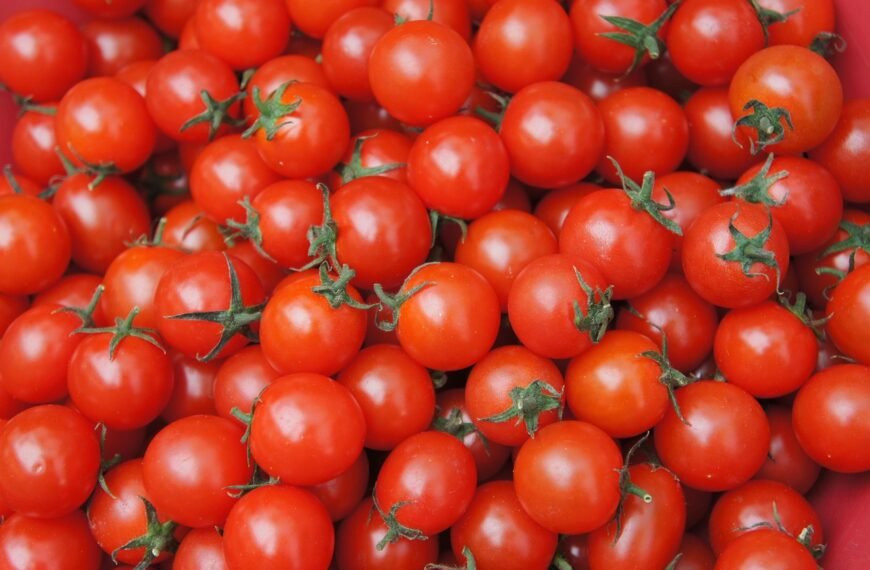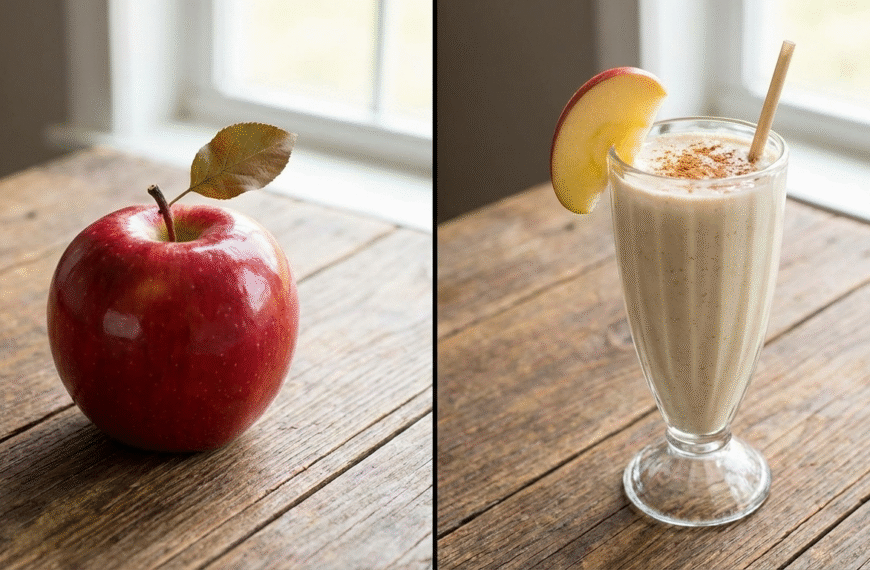Sugar cravings plague many of us, often striking when we least expect them. These intense desires for sweets typically emerge when we consume simple carbohydrates without balancing them with proteins or fats. While these quick carbs provide temporary satisfaction, they leave us hungry again soon after, creating a vicious cycle of cravings. Nutritionist Lovneet Batra offers practical, research – supported methods to break free from this pattern and regain control over our eating habits.
One of the most effective strategies involves boosting your intake of protein and fiber. Protein works behind the scenes to stabilize blood sugar levels throughout the day, preventing those dramatic spikes and crashes that trigger cravings. Meanwhile, fiber-rich foods act as nature’s appetite suppressants, slowing digestion and promoting lasting fullness. Nutritionists recommend building meals around fruits, vegetables, whole grains, lean proteins, and legumes to create this powerful combination.
Magnesium plays an often – overlooked role in managing sugar cravings. This essential mineral supports glucose metabolism and helps regulate appetite. By incorporating magnesium rich-foods like pumpkin seeds, leafy greens, nuts and seeds into your daily diet, you can create an internal environment less prone to sugar cravings. These nutritional powerhouses not only curb sweet cravings but also provide a host of other health benefits.

The connection between sleep and cravings might surprise many people. Sleep deprivation wreaks havoc on our hunger hormones, intensifying desires for both salty and sugary foods. Prioritizing quality sleep – aiming for 7-9 hours nightly – can significantly reduce these cravings by helping your body maintain proper hormonal balance.
When it comes to enjoying sweets, timing and choice matter significantly. Nutrition experts suggest consuming sweet treats before workouts when your body can best utilize the quick energy. They recommend opting for protein-rich traditional desserts like rasgulla, kulfi, or yogurt with honey, while advising against heavier options like cake or gulab jamun that often lead to energy crashes and subsequent cravings.
These science-backed approaches address sugar cravings at their root causes rather than just treating symptoms. By focusing on nutritional balance, proper sleep, and mindful indulgence, you can develop sustainable habits that reduce cravings while still allowing for occasional enjoyment of sweets. The key lies in understanding your body’s needs and responding with nourishing choices rather than restrictive deprivation.


















